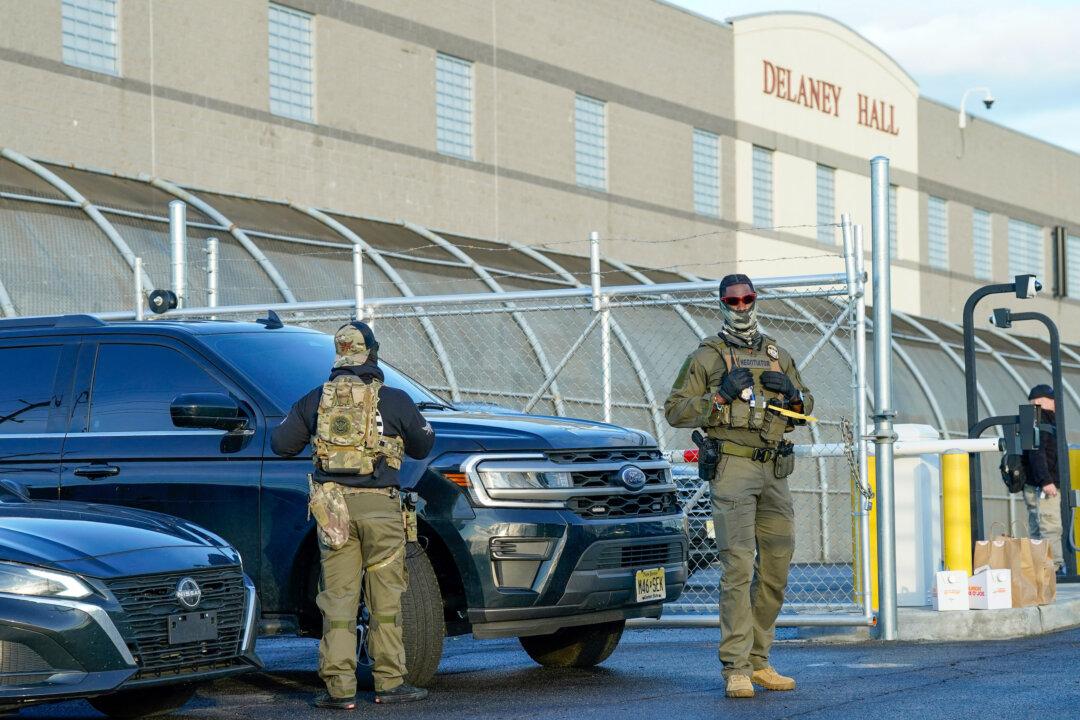The Supreme Court of Delaware has formally struck down state laws allowing universal mail-in voting and same-day voter registration, finding that the statutes violate the state’s constitution.
The court unanimously ruled against the laws in October—preventing no-excuse-required mail-in voting and same-day voter registration from being used in the Nov. 8 general elections—but didn’t make public a full opinion explaining its reasons until Dec. 16.





